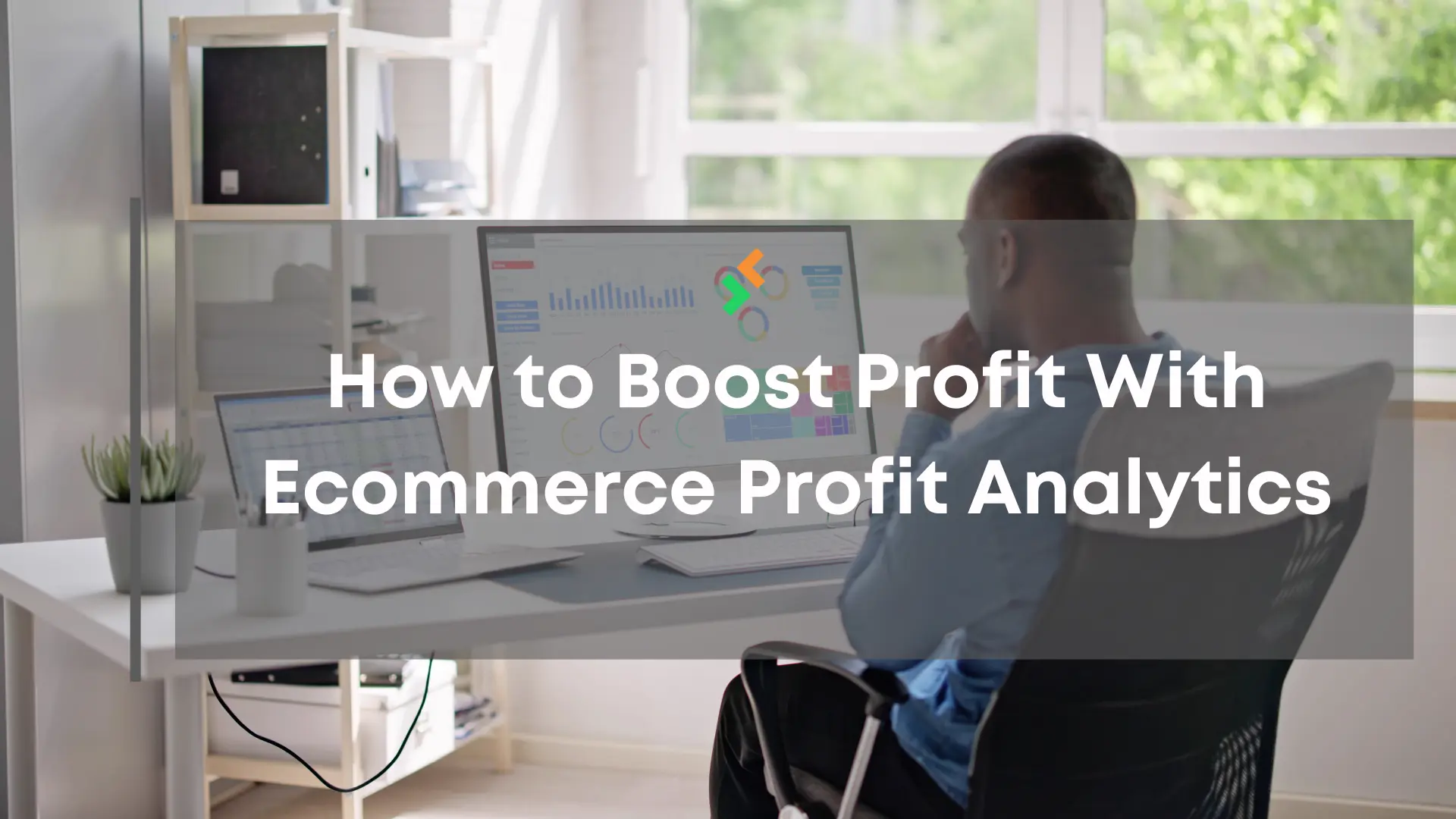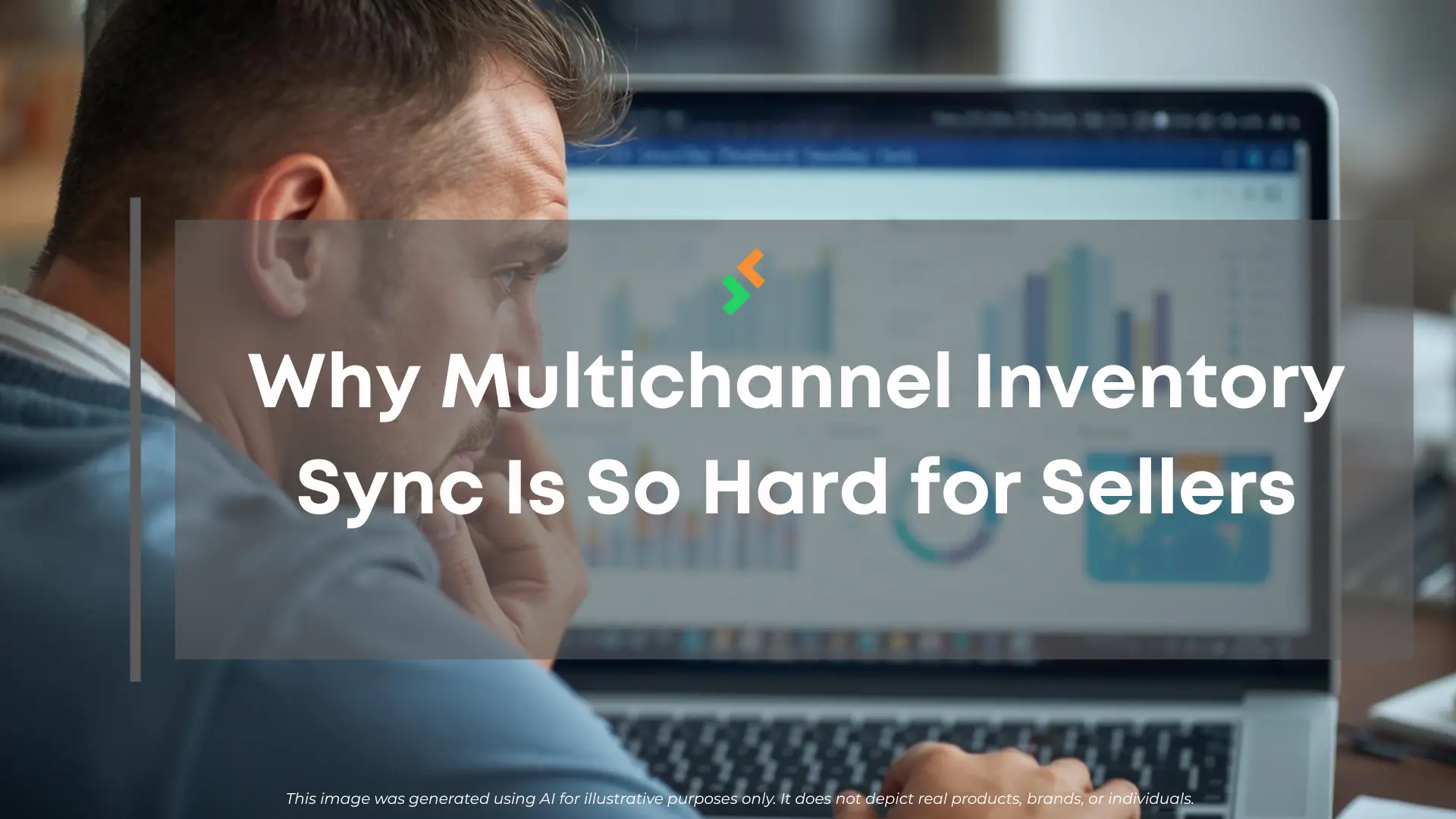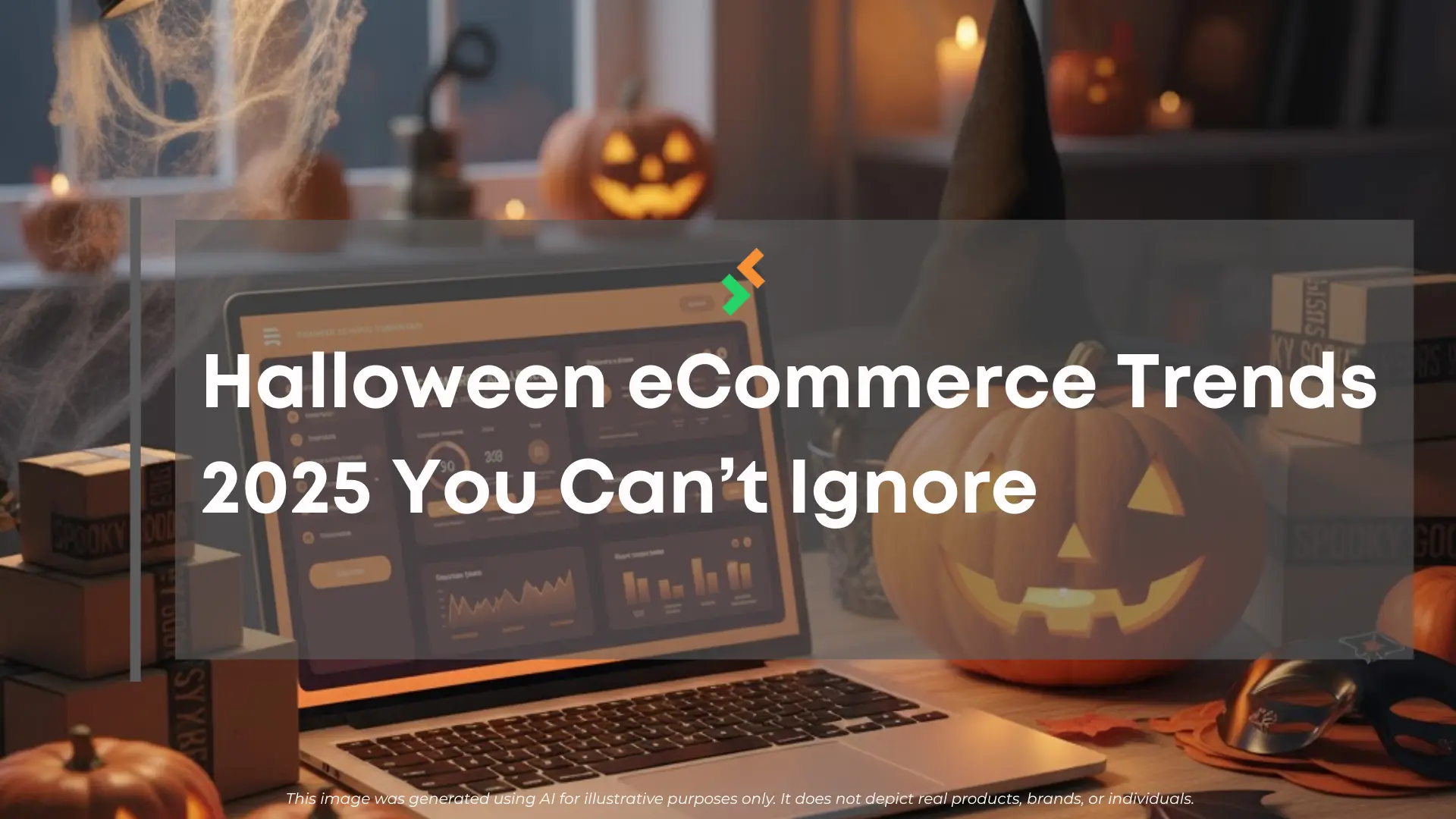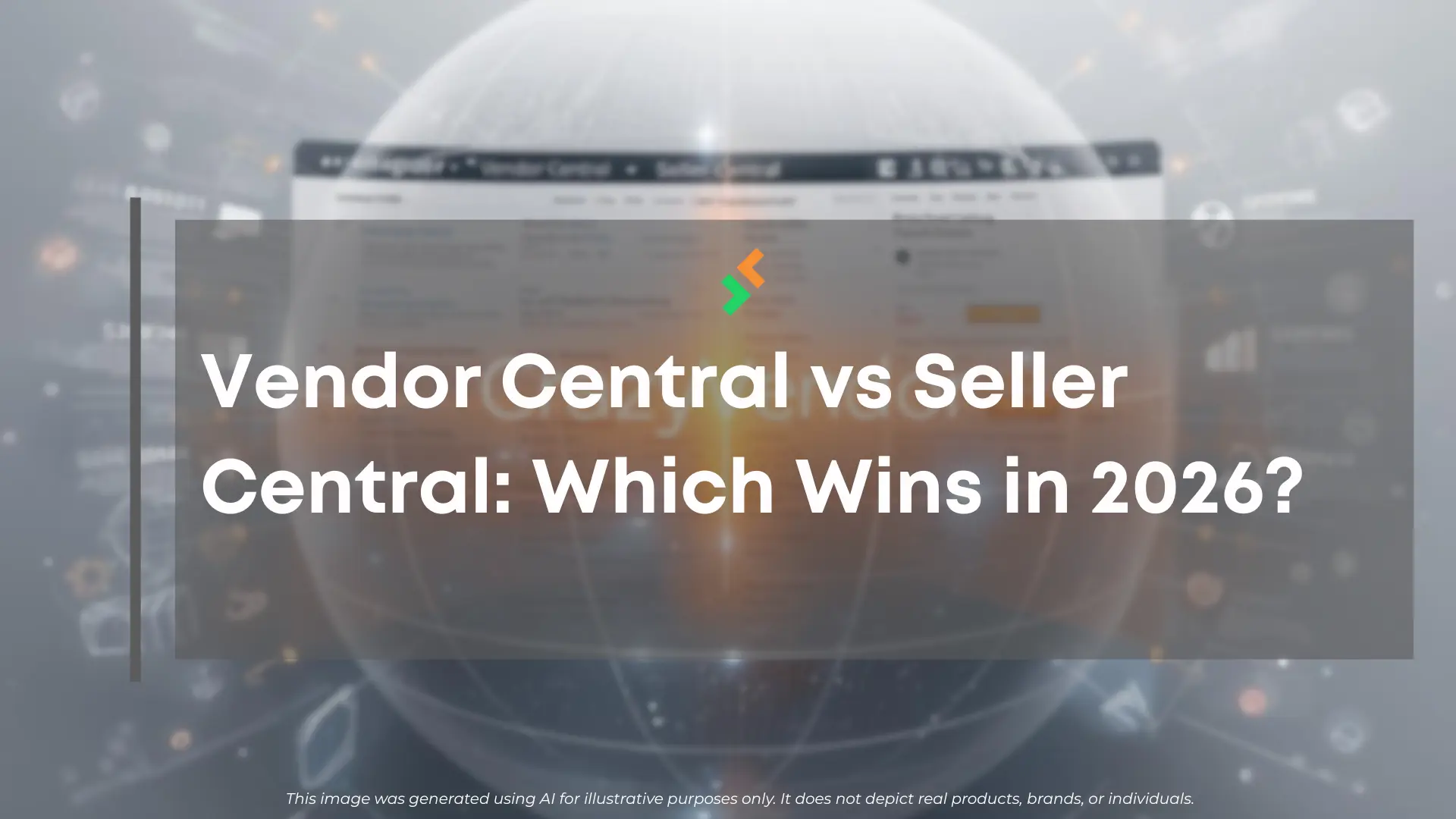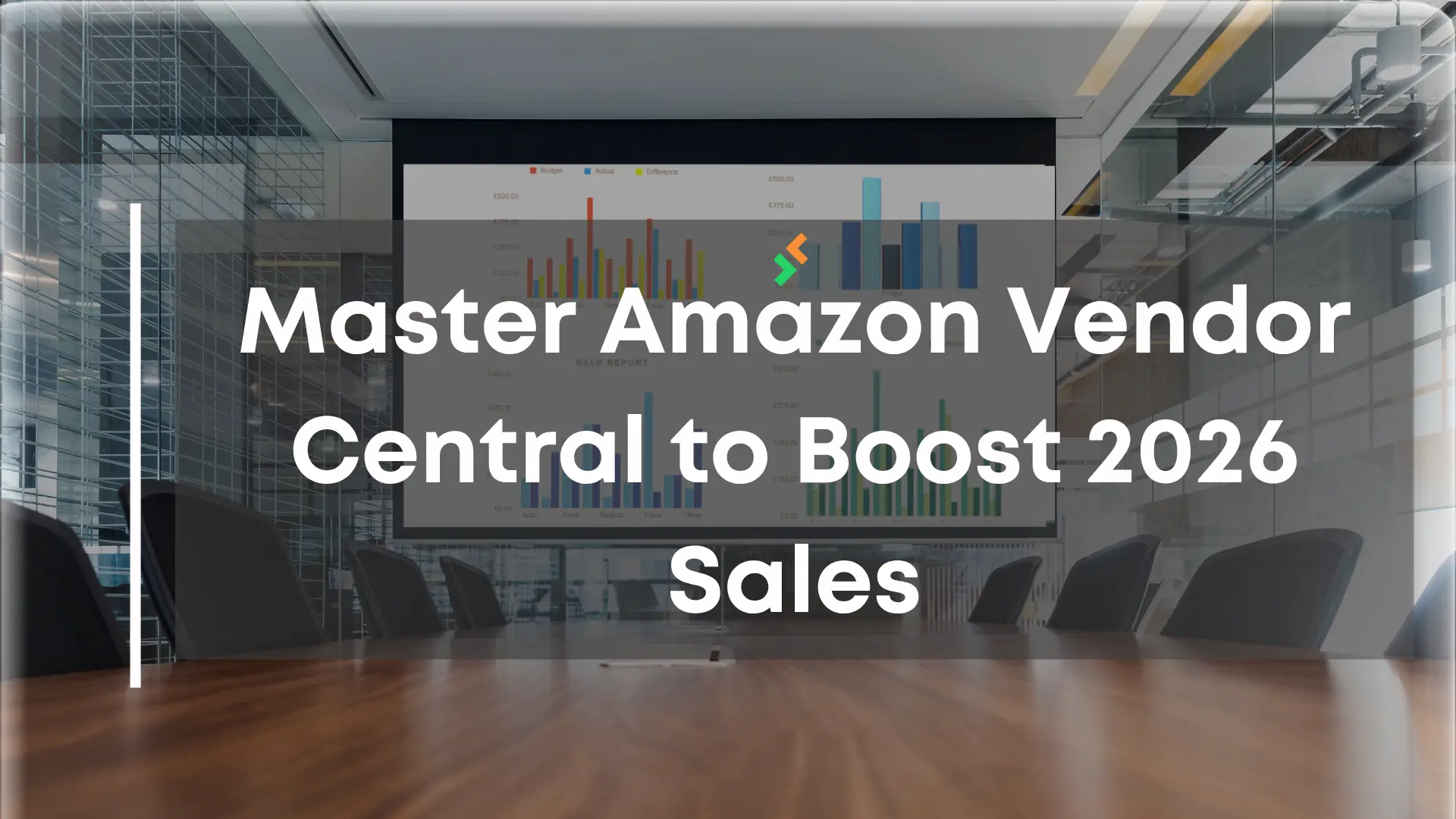
Selecting the right platform is crucial for sustained success in today’s competitive online landscape. With the rise of multi-channel selling, increased customer expectations, and fast-paced technological innovations, businesses need to identify the most effective marketplaces for e-commerce to maximize reach, streamline operations, and improve profitability. The right marketplace influences everything from brand visibility and customer trust to logistics, fees, and global scalability.
This guide outlines six leading online marketplaces for e-commerce in 2025—Shopify, Amazon, Walmart, eBay, Etsy, and WooCommerce—and explains why each might be the best fit depending on your business model. From handling niche handmade goods to managing large-scale international inventory, each marketplace has unique strengths that can align with your growth goals.
To thrive in modern e-commerce selling platforms, it’s essential to understand how these systems handle SEO visibility, mobile optimization, customer loyalty programs, and third-party integrations. Sellers must also consider transaction fees, return policies, seller protection, and advertising tools that can significantly impact profitability.
As marketplaces for e-commerce continue to evolve, staying informed about their core capabilities and selecting the ones that align with your strategy is essential for long-term growth.
Table of Contents

Shopify: Scalable and User-Friendly
Shopify remains one of the top marketplaces for e-commerce, offering a versatile platform that supports businesses from solo startups to large enterprises. With its user-centric design, scalability, and integrated payment solutions, Shopify is ideal for sellers at any stage of growth.
Why Shopify?
Shopify provides a robust dashboard that gives sellers complete control over their storefronts. From inventory management to analytics, its centralized system streamlines operations. Shopify Payments eliminates third-party gateways, reducing friction for customers and speeding up checkout.
The platform supports thousands of apps, enabling businesses to enhance marketing, SEO, logistics, and customer engagement. Shopify’s mobile optimization and multi-currency support make it perfect for global selling. With 24/7 support, robust security features, and reliable hosting, Shopify offers a comprehensive solution for serious e-commerce entrepreneurs.
Amazon: Maximum Visibility and Global Reach
Amazon is the largest marketplace for e-commerce in the world, offering unmatched market access and visibility. With millions of global shoppers, Amazon provides a vast opportunity for sellers to tap into a primed consumer base.
Why Amazon?
Amazon’s vast customer base and trust make it ideal for sellers aiming for significant exposure. Through Fulfillment by Amazon (FBA), sellers benefit from Amazon’s logistics network, fast shipping, and hassle-free returns. Amazon’s credibility boosts conversions, while its infrastructure allows businesses to scale quickly.
Amazon’s global reach makes it easy to expand into new markets. Its advertising tools, like Sponsored Products and Amazon’s recommendation engine, enhance visibility. With extensive data analytics and reporting, Amazon helps sellers optimize operations and refine marketing strategies, making it a cornerstone for aggressive growth in marketplaces for e-commerce.
Walmart: A Rapidly Rising E-commerce Powerhouse
Walmart’s expanding online presence and fulfillment network make it a formidable competitor among the marketplaces for e-commerce. Known for its massive retail footprint, Walmart offers a unique opportunity for sellers to tap into its vast customer base and established brand.
Why Walmart?
Walmart Marketplace allows sellers to access efficient logistics, brand exposure, and competitive positioning. With Walmart’s growing focus on e-commerce, sellers can leverage its infrastructure to grow their businesses while benefiting from its trusted brand. Walmart’s marketplace is a powerful contender in the evolving world of marketplaces for e-commerce, offering scalability and global reach for online retailers.
eBay: Versatile and Global
eBay continues to be a popular marketplace for e-commerce, offering a mix of fixed-price and auction-style listings that appeal to a broad, international audience. Whether you’re selling new, used, or collectible items, eBay provides flexibility for sellers to reach a global customer base.
Why eBay?
eBay stands out among marketplaces for e-commerce by offering multiple sales formats. Sellers can choose between auction-style listings or fixed-price options, catering to diverse inventory types, including rare collectibles and second-hand goods. This flexibility is beneficial for niche products and limited-edition goods.
With millions of active buyers in over 190 countries, eBay provides unparalleled global reach. The eBay Seller Hub gives sellers advanced tools for listing products, managing inventory, and processing orders. Integrating with CrazyVendor and other third-party tools, eBay ensures seamless operations, making it a versatile platform for sellers across various industries.
For eBay dropshipping, SuperDS helps automate listings and pricing while syncing inventory to avoid overselling.
Etsy: Ideal for Niche and Creative Products
Etsy specializes in handmade, vintage, and creative goods, making it one of the top marketplaces for e-commerce for niche products. If your brand emphasizes craftsmanship and originality, Etsy offers a dedicated audience actively seeking authentic and unique items.
Why Etsy?
Etsy’s community-driven model supports small businesses, artisans, and independent creators. Custom storefronts help sellers showcase their work and tell their brand story, creating a deeper connection with customers. Etsy’s niche appeal ensures product relevance, making it an ideal marketplace for creative sellers.
The platform encourages engagement, helping sellers build loyal customer bases. Etsy’s focus on handcrafted and vintage goods fosters a passionate community, making it a standout e-commerce platform for small businesses offering unique products. It’s an ideal place for businesses that want to tap into a dedicated, highly targeted audience.
Explore 28 trending beauty products to dropship that perform well on Etsy and similar creative marketplaces.
WooCommerce: Full Control for WordPress Users
WooCommerce is one of the most customizable marketplaces for e-commerce, allowing WordPress users to turn their sites into fully functional online stores. For sellers needing complete control, WooCommerce offers unmatched flexibility and scalability.
Why WooCommerce?
WooCommerce integrates seamlessly with WordPress, giving sellers total control over their store’s design and functionality. Unlike other marketplaces for e-commerce, WooCommerce doesn’t limit users to pre-designed templates. Sellers can use extensions and plugins to create a tailored experience, offering custom shipping options, advanced product displays, and more.
With full data control, WooCommerce lets sellers access analytics, inventory management, and customer insights. This makes it ideal for experienced sellers looking to customize their stores for optimal performance. WooCommerce’s open-source nature ensures that it remains one of the most flexible and adaptable platforms for e-commerce businesses.
Pairing WooCommerce with SuperDS allows sellers to automate backend workflows and integrate with global suppliers—even with zero startup capital.
Conclusion: Choosing the Right Marketplace for E-commerce Success
Choosing the right marketplace for e-commerce is crucial for your business’s long-term success. Each platform—whether it’s Shopify, Amazon, Walmart, eBay, Etsy, or WooCommerce—offers distinct advantages depending on your business goals, product types, and target audience. As the e-commerce landscape continues to evolve, staying informed about the best marketplaces for e-commerce and how they align with your growth strategy will ensure that your business remains competitive in 2025 and beyond.
By understanding the unique strengths of each platform and integrating the right tools like CrazyVendor for efficient inventory and fulfillment management, sellers can scale their operations across multiple channels with ease. Modern marketplaces for e-commerce demand operational excellence, and aligning with the right infrastructure is critical. Regardless of the marketplace you choose, the key to success lies in selecting a platform that fits your business model and leveraging the power of SuperDS automation tools to stay ahead of the competition.
You can also follow us on social media for more e-commerce insights and updates!



